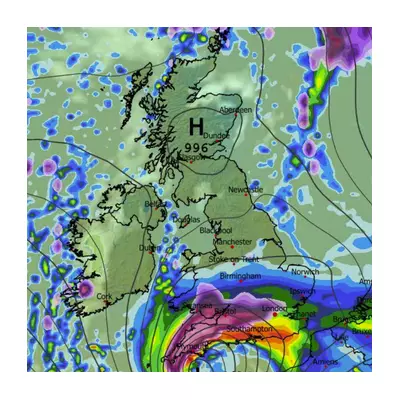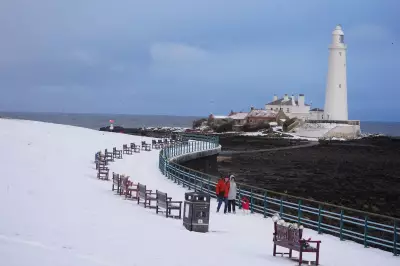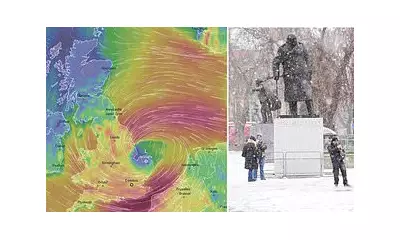
A newly surfaced internal memo from the Federal Emergency Management Agency (FEMA), written just one day before Hurricane Katrina made landfall, has revealed the terrifyingly stark warning officials privately held for New Orleans residents.
The document, dated August 28, 2005, delivers a brutal, no-holds-barred assessment: those who chose not to evacuate would face almost certain death and must understand that no government help would be coming to save them.
The Unfiltered Truth Before the Storm
The memo's language is shockingly direct, stripping away any bureaucratic comfort. It states that the majority of the city's population would be "at serious risk of death or injury" and that most of the area would be "uninhabitable for weeks or longer."
Perhaps its most chilling passage is the blunt admission about the limits of government aid: "Persons... elderly, infirm, or otherwise lacking resources... will not be saved. They will not be plucked off roofs or dropped life-saving supplies." This grim forecast tragically foreshadowed the real-life scenes of desperation that would play out on live television in the following days.
A Haunting Prophecy of Devastation
The FEMA document reads like a horrifyingly accurate prophecy. It predicted:
- Catastrophic structural damage to tens of thousands of homes
- The inundation of the entire city park system
- Water contamination and widespread power outages lasting for weeks
- The complete shutdown of major healthcare facilities
This level of precise prediction confirms that authorities were fully aware of the apocalyptic scale of the impending disaster, raising enduring questions about the adequacy of the eventual response.
The Legacy of a Warning
The emergence of this memo adds a profound new layer to the understanding of one of America's deadliest and most costly natural disasters. It underscores a moment of terrifying clarity within the government, a moment where the grim reality was known but perhaps not fully acted upon with the urgency the warning demanded.
The memo serves as a permanent, haunting testament to the 1,400 lives lost and the city that was forever changed, a stark reminder of the raw power of nature and the critical importance of heeding its warnings.





